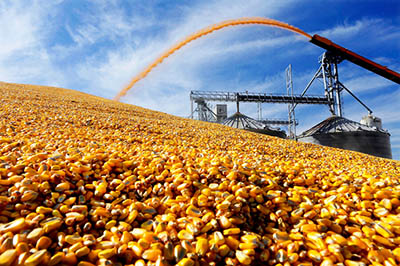Τα μαθησιακά αποτελέσματα του μαθήματος είναι:
- Να αναπτύσσουν οικονομική σκέψη προσαρμοσμένη στα δεδομένα της πραγματικής αγοράς του αγροτικού χώρου.
- Να αντιλαμβάνονται το οικονομικό περιβάλλον που δραστηριοποιείται μια αγροτική επιχείρηση και να αναλύουν τις παραμέτρους του.
Να αναλύουν και να αξιολογούν τις δυνατότητες ανάπτυξης και εξέλιξης του αγροτικού χώρου
Βασικά διδακτικά εγχειρίδια:
- Αγροτική οικονομική. Λιανός Θεόδωρος, Δαμιανός Δημήτριος, Μέργος Γεώργιος, Ντεμούσης Μιχαήλ, Κατρανίδης Στυλιανός. Εκδόσεις Μπένου. Δ΄ έκδοση -2016.
- Akimowicz, M., Richard, V.J., Cummings, H, and Landman, K. (2018). An introduction to mixed methods research in agricultural economics: The example of farm investment in Ontario's Greenbelt, Canada. Journal of Rural Studies 61, 162–174. https://doi.org/10.1016/j.jrurstud.2018.04.012
- de Brauw, A. and Hoffmann, V. (2020). The influence of the 2019 nobel prize winners on agricultural economics. World Development 127, 104793. https://doi.org/10.1016/j.worlddev.2019.104793
- Menegaki, A.N, and Tugcu, C.T. (2018). Two versions of the Index of Sustainable Economic Welfare (ISEW) in the energy-growth nexus for selected Asian countries. Sustainable Consumption and Production, 14, 22-35. https://doi.org/10.1016/j.spc.2017.12.005
- Menegaki, A.N, and Tugcu, C.T. (2017). Energy consumption and Sustainable Economic Welfare in G7 countries; A comparison with the conventional nexus. Renewable and Sustainable Energy Review 69, 892-901. DOI: 10.1016/j.rser.2016.11.133
Potts, J, and Kastelle, T. (2017). Economics of innovation in Australian agricultural economics and policy. Economic Analysis and Policy, 54, 96–104. https://doi.org/10.1016/j.eap.2017.03.003


